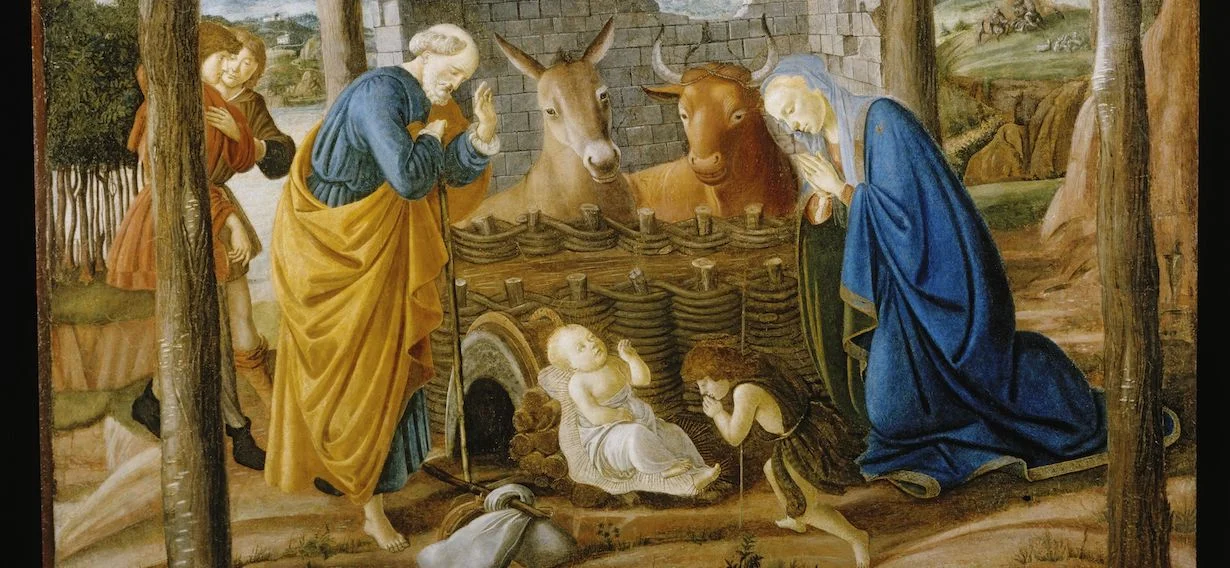It would seem that almost the entire world, regardless of their religion, knows exactly what year it is now. Years are counted from the birth of Jesus Christ, although in most countries the traditional AD, which stands for anno Domini, has been replaced with the more neutral CE (Common Era). However, upon closer inspection, under this apparent uniformity lies a complex tapestry of diverse timekeeping traditions and cultural interpretations.
The practice of counting years from the birth of Jesus Christ is a relatively late invention. Early Christians reckoned time from the creation of the world, a date they presumed was well-known. They followed the Julian calendar introduced by Julius Caesar and continued to use the Roman method of dating by consuls (elected officials in the Roman Republic with supreme military and civil authority) or from the legendary founding of Rome.i
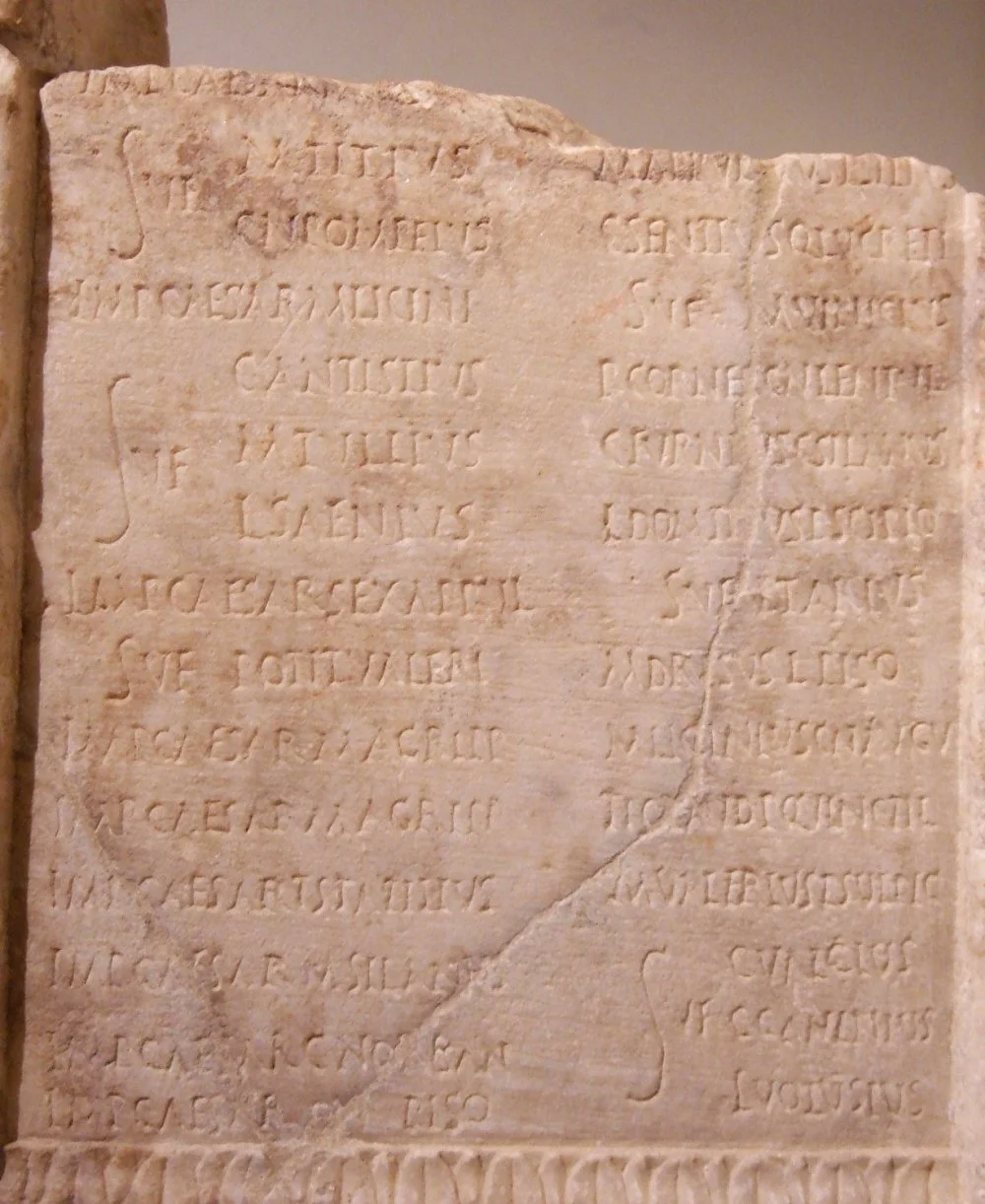
Fragment of an imperial-age consular fasti (Roman calendar) (Corpus Inscriptionum Latinarum (CIL) I, CIL VI), Museo Epigrafico, Rome/Wikimedia Commons
Eastern Christians counted years according to the ‘Era of Diocletian’, which started from the ascent to the throne of Emperor Diocletian,i
It wasn't until the sixth century CE that Dionysius Exiguus, a provincial monk from the Scythian regions, living somewhere in present-day Romania, decided that it was inappropriate for Christians to base their calendar on the dates associated with their sworn enemy. He introduced a new system called anno Domini, which means ‘the Year of Our Lord’. ‘It is now 525 years from the earthly incarnation of our Savior!’ Dionysius proclaimed. Unfortunately, his calculations and motivations both remain shrouded in mystery. Moreover, his proposed system did not gain popularity for a long time, and so no one questioned it for a long time either.
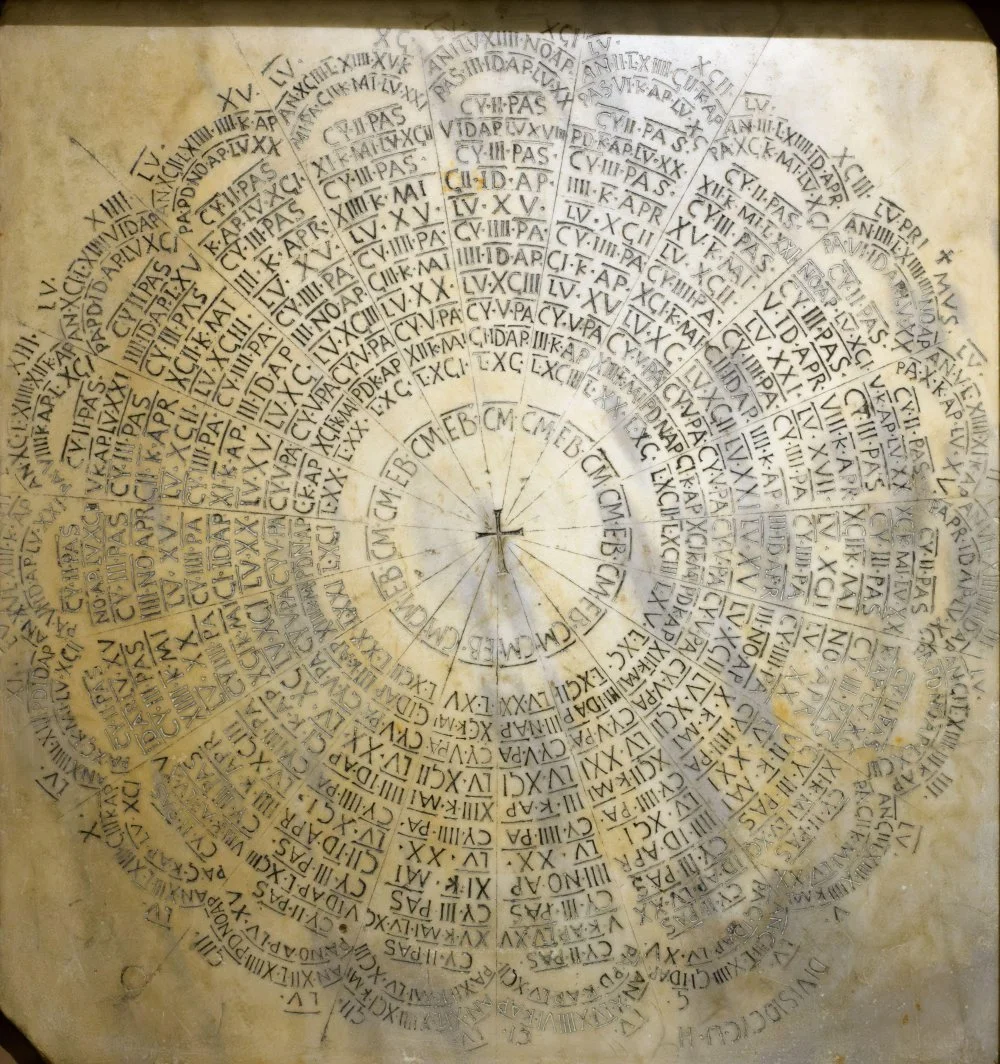
Easter Calendar for the years 532-632 AD, Marble of Preconnesus. Ravenna, Italy. It was when compiling such a table that Dionysius proposed a new system of chronology /Alamy
Dionysius’s system gained wide acceptance only after the famous English writer-monk Bede the Venerable (673–735) used it in his book The Ecclesiastical History of the English People. Today, it has been adopted across the globe, even by peoples who have their own accurate and intricate calendars. But in a world of political and cultural diversity, the Chinese, Muslims, Christians, Hindus, atheists, Japanese, Jews, and all other faiths and nationalities have agreed to live in the same millennium, century, and year, perhaps even a necessary convenience amidst the chaos of the world.
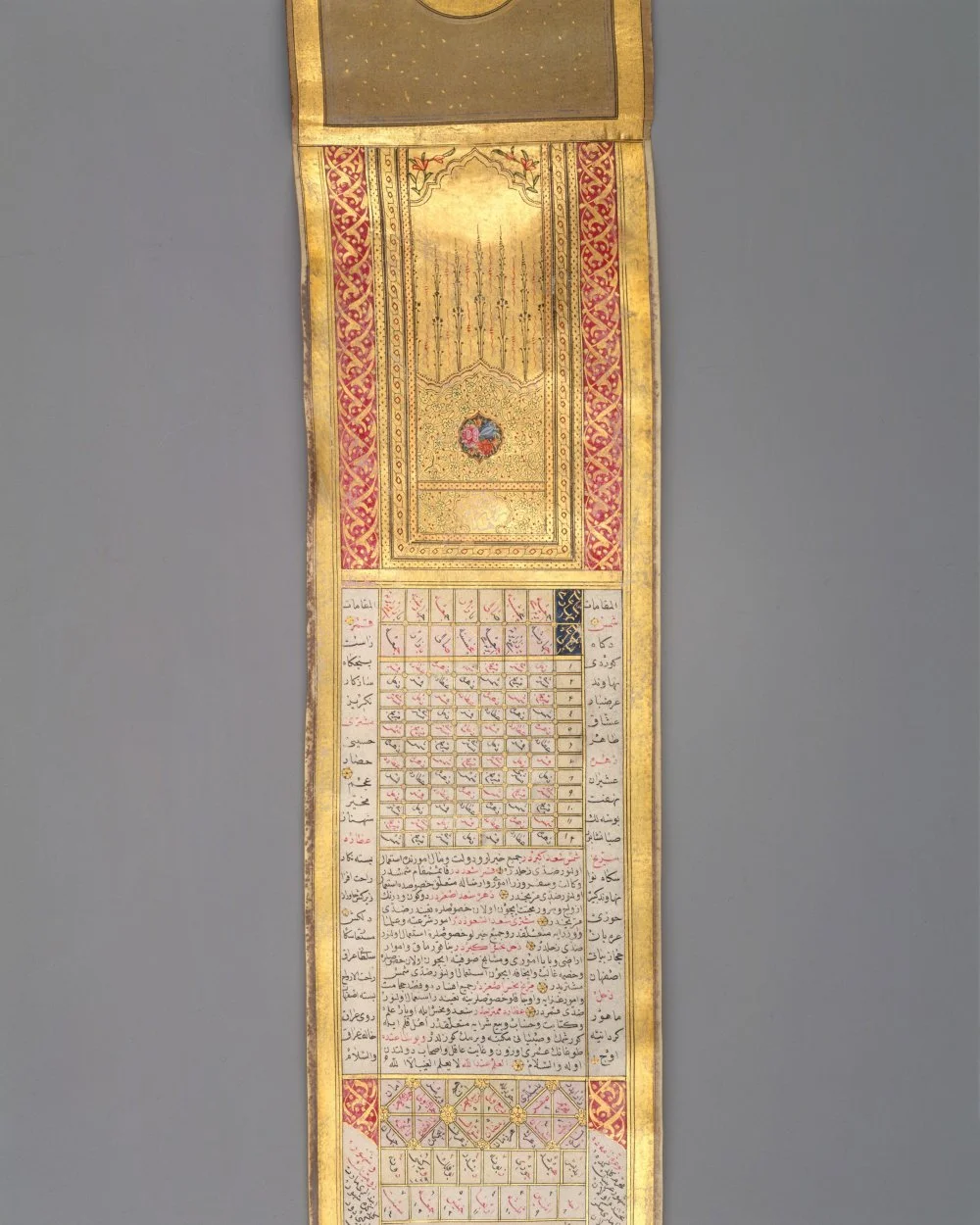
Katib Muhammad Ma'ruf Na'ili. Calendar-Almanac in Scroll Form. Date: dated A.H. 1224/A.D. 1810/Alamy
And, of course, this date is entirely arbitrary because there are no precise indications of when Jesus was actually born. Moreover, the Gospels contain directly conflicting information on the matter.
Matthew asserts that Jesus was born during the reign of Herod the Great, who died in 4 BCE. Luke reports that Jesus was born during a census organized by the Roman governor Quirinius in 6 CE, which required Joseph and Mary to travel from their home in Nazareth to Bethlehem, Joseph's place of birth. This census is a historical event but as we can see, the discrepancy is at least ten years.
So, in actual fact, no one knows exactly when this ‘era’ in which we all live truly began.
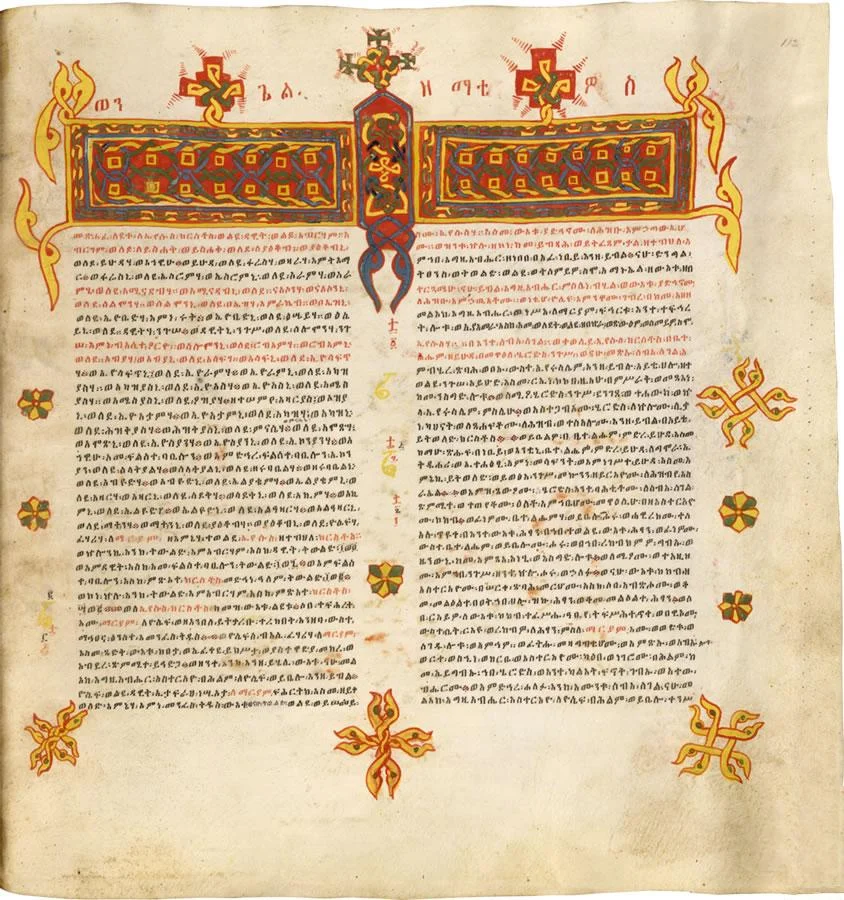
Ethiopian Bible - Matthew's Gospel (Ge'ez script). British Library Add. 1700/Wikimedia Commons
